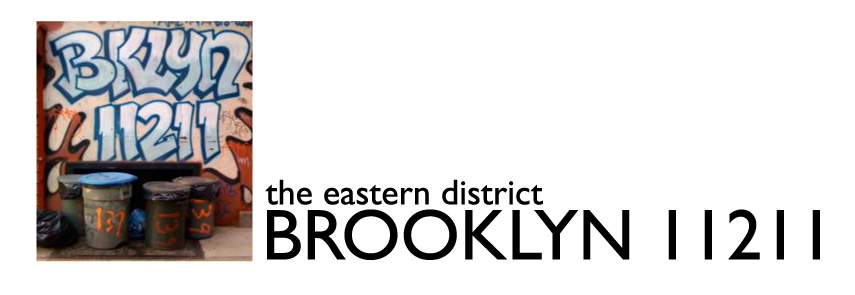Though there are plenty of start-ups that favor Williamsburg and Greenpoint, developers, local officials and real estate brokers say there is a dearth of office space. Most landlords, lured by the promise of building lucrative apartments in the increasingly popular residential area, are reluctant to devote space to commercial tenants who can pay little and might wither as quickly as they bloom.
“Industry” in Brooklyn is booming, it is just not the smokestack-type industry that we all associate with Brooklyn. Whether start-ups, artisanal manufacturing, food processing, or film production, there is a huge demand for “manufacturing” space in North Brooklyn. And a huge need – the more jobs that can be made local, the less demand there is on our transportation infrastructure.
Although many buildings have retail space on the first floor, upper-floor offices are hard to come by, according to several people who have recently looked… Part of the problem is zoning: though parts of Williamsburg and Greenpoint are zoned for mixed commercial and residential use, the zoning tilts residential.
Ironically, this was among the objections raised in the community response to the 2005 rezoning – in converting hundreds of blocks of outdated industrial zoning to largely residential use, the city was turning a mixed-use community into a bedroom community.
